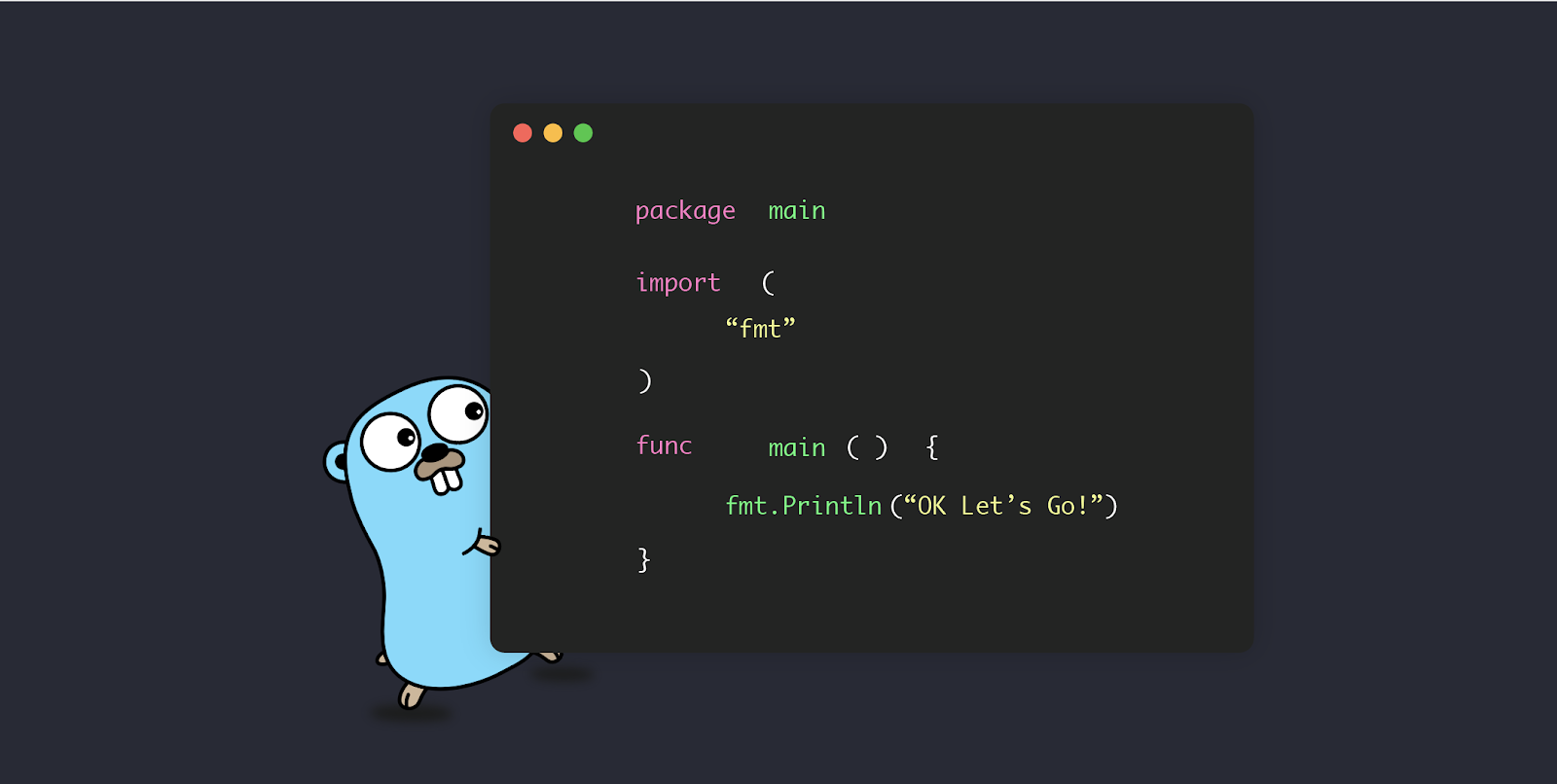Functions are the building blocks of any programming language, and Go (often referred to as Golang) is no exception. In this blog, we will explore the fundamentals of functions in Go, including their syntax, parameters, return values, and best practices. Whether you're new to Go or looking to deepen your understanding, this guide has something for everyone.
What is a Function?
In Go, a function is a self-contained block of code that performs a specific task. Functions allow you to break down your program into smaller, manageable pieces, making your code more organized, modular, and readable. Go encourages the use of functions for better code structure and maintainability.
Defining a Function
In Go, you define a function using the func keyword, followed by the function name, a parameter list, a return type (if any), and a function body enclosed in curly braces {}. Here's a simple example of a function that adds two integers:
func add(a, b int) int {
return a + b
}In this example:
addis the function name.(a, b int)is the parameter list, which specifies the input values (aandb) and their types (int).intis the return type, indicating that the function returns an integer.- The function body calculates the sum of
aandband returns the result.
Calling a Function
To use a function in your code, you simply call it by its name and provide the required arguments. Here's how you call the add function:
result := add(3, 4)
fmt.Println(result) // Output: 7In this example, add(3, 4) calls the add function with arguments 3 and 4, and the result is assigned to the result variable, which is then printed.
Multiple Return Values
Go allows functions to return multiple values. This feature is particularly useful when you need to return multiple pieces of information from a function. For example:
func divideAndRemainder(a, b int) (int, int) {
quotient := a / b
remainder := a % b
return quotient, remainder
}You can call this function and receive both the quotient and remainder:
q, r := divideAndRemainder(10, 3)
fmt.Printf("Quotient: %d, Remainder: %d\n", q, r) // Output: Quotient: 3, Remainder: 1Variadic Functions
Go supports variadic functions, which can accept a variable number of arguments. To define a variadic function, use the ... syntax before the parameter type. For example:
func sum(numbers ...int) int {
total := 0
for _, num := range numbers {
total += num
}
return total
}You can call this function with any number of integer arguments:
result := sum(1, 2, 3, 4, 5)
fmt.Println(result) // Output: 15Anonymous Functions (Closures)
Go allows you to define anonymous functions, also known as closures. Anonymous functions can capture and use variables from their surrounding scope. Here's an example:
func main() {
x := 10
// Anonymous function (closure)
func() {
fmt.Println(x) // Prints the value of x from the outer scope
}()
// You can also assign the closure to a variable and call it later
closure := func() {
fmt.Println(x)
}
closure() // Calls the closure
}Best Practices
To write clean and maintainable Go code, consider these best practices when working with functions:
-
Use Descriptive Names: Choose meaningful names for your functions that reflect their purpose.
-
Keep Functions Small: Aim for functions that do one thing and do it well. Smaller functions are easier to understand and test.
-
Document Your Functions: Provide comments and documentation for your functions using the GoDoc format to help others understand their usage.
-
Avoid Side Effects: Minimize side effects within functions. Functions should ideally be pure and not modify global state.
-
Error Handling: Use multiple return values, such as
(result, error), to handle errors gracefully in your functions. -
Test Your Functions: Write tests for your functions to ensure they work as expected. Go has a built-in testing framework to make this process easy.
Conclusion
Functions are an integral part of Go programming. They allow you to encapsulate logic, promote code reusability, and enhance code readability. By understanding the basics of defining, calling, and working with functions in Go, you'll be well-equipped to write clean, modular, and efficient code in this powerful programming language.
